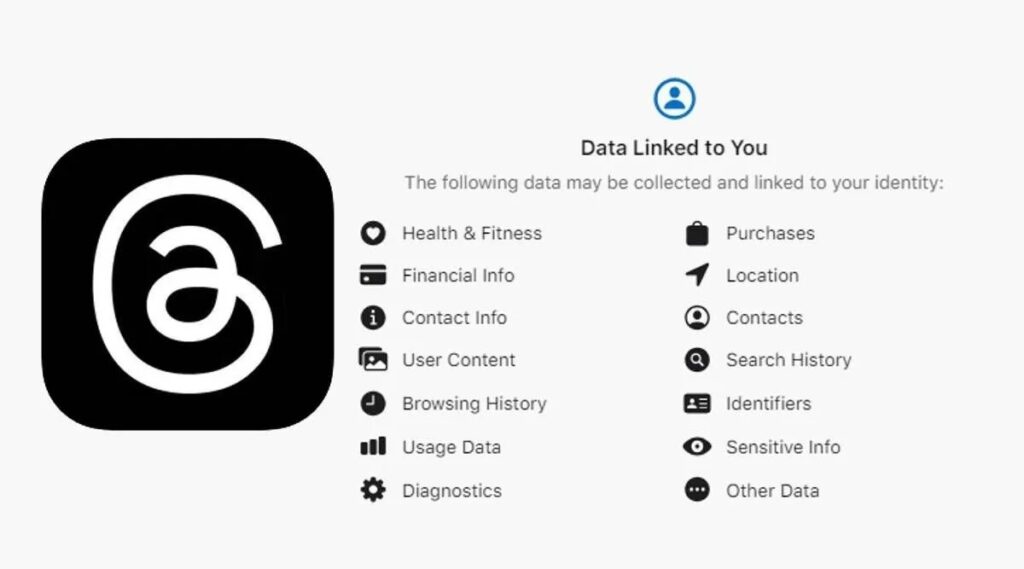In today’s digital age, our smartphones have become indispensable companions, seamlessly integrating into our daily lives. However, beyond their convenience lies a web of intricate privacy concerns, many of which are associated with the SIM cards inserted in these devices. While these tiny chips facilitate our communication and connectivity needs, they also harbor a plethora of potential risks, often operating beyond our explicit awareness or consent.
Understanding the SIM Card
At first glance, a SIM card may seem innocuous, merely serving as a conduit for cellular connectivity. However, it embodies a digital fingerprint, known as the International Mobile Subscriber Identity (IMSI), intricately linking our network activities to our subscriber accounts. This unique identifier forms the cornerstone of cellular communication, enabling seamless interaction with cell towers and facilitating our daily routines. Yet, beneath this veneer of convenience lies a trove of privacy risks that warrant closer examination.
1. Location Tracking:
One of the most pervasive concerns surrounding SIM cards is their role in facilitating location tracking. As our phones interact with various cell towers to maintain network connectivity, the SIM card dutifully records these interactions, effectively mapping our movements in real-time. This data, intricately linked to our IMSI, creates a personalized roadmap of our daily activities, enabling precise geolocation tracking by cellular providers. While ostensibly used for benign purposes such as targeted advertising, the sale of this location data to third parties underscores the inherent privacy risks associated with SIM-based tracking.
2. Covert Data Transmission:
Another insidious aspect of SIM cards lies in their ability to initiate covert data transmissions, unbeknownst to users. Operating as autonomous entities within our devices, SIM cards can clandestinely communicate with the baseband processor, bypassing the user-facing applications and transmitting hidden messages to the cellular network. Despite the lack of transparency surrounding the contents of these messages, suspicions persist regarding their potential implications for surveillance and privacy infringement.
3. Split Tunneling:
Moreover, the centralized control exerted by SIM cards within our devices poses additional risks, particularly concerning split tunneling. As the primary gateway for internet connectivity, devices with SIM cards wield considerable influence over our online activities, potentially compromising the efficacy of privacy-enhancing measures such as virtual private networks (VPNs). Instances of data leakage and bypassing of VPNs underscore the challenges posed by entrusting such critical functions to a single device.
Exploring Alternatives
In light of these concerns, individuals are increasingly exploring alternatives to traditional SIM-based connectivity. One such alternative involves eschewing SIM cards altogether in favor of internet-only phones, relying on Wi-Fi networks for communication and connectivity. While this approach offers enhanced privacy and anonymity, it necessitates a shift in user behavior and entails certain trade-offs in terms of convenience and reliability.
Harnessing Mobile Hotspots
Alternatively, the adoption of mobile hotspots presents a viable solution for those seeking connectivity without compromising privacy. By segregating the SIM card into a separate device, hotspots offer greater control over internet access and mitigate the risks associated with centralized control exerted by smartphones. Moreover, initiatives such as those offered by the Calyx Institute provide anonymous purchase options and unlimited data plans, further bolstering privacy protections for users.
Trade-Offs
However, it’s essential to acknowledge the trade-offs inherent in these privacy-centric approaches. While hotspots offer enhanced privacy and control, they may entail additional logistical challenges such as carrying multiple devices and managing connectivity issues. Moreover, the effectiveness of such measures hinges on individual preferences and requirements, with no one-size-fits-all solution for privacy-conscious consumers.
In conclusion, the ubiquity of SIM cards underscores the need for a nuanced understanding of the privacy risks inherent in modern connectivity. By exploring alternative approaches such as internet-only phones and mobile hotspots, individuals can mitigate these risks and reclaim control over their digital lives. However, navigating the complexities of privacy and connectivity necessitates informed decision-making and a willingness to embrace innovative solutions that align with our values and priorities. As we continue to traverse the digital landscape, vigilance and adaptability remain our most potent tools in safeguarding our privacy and autonomy.
~Rushen Wickramaratne

